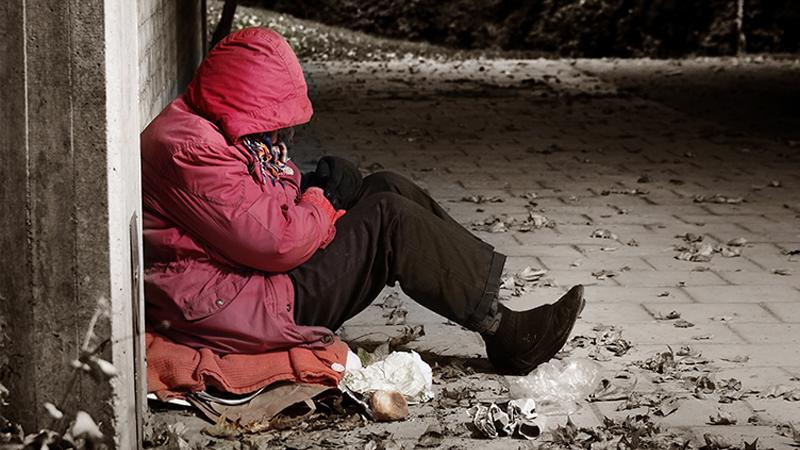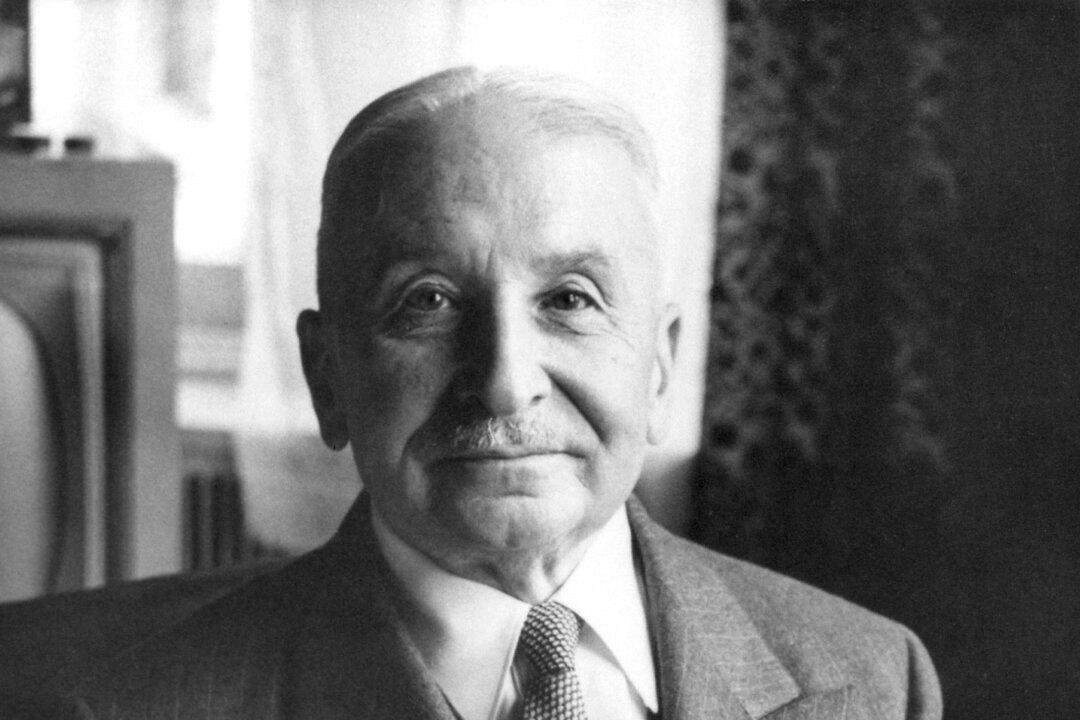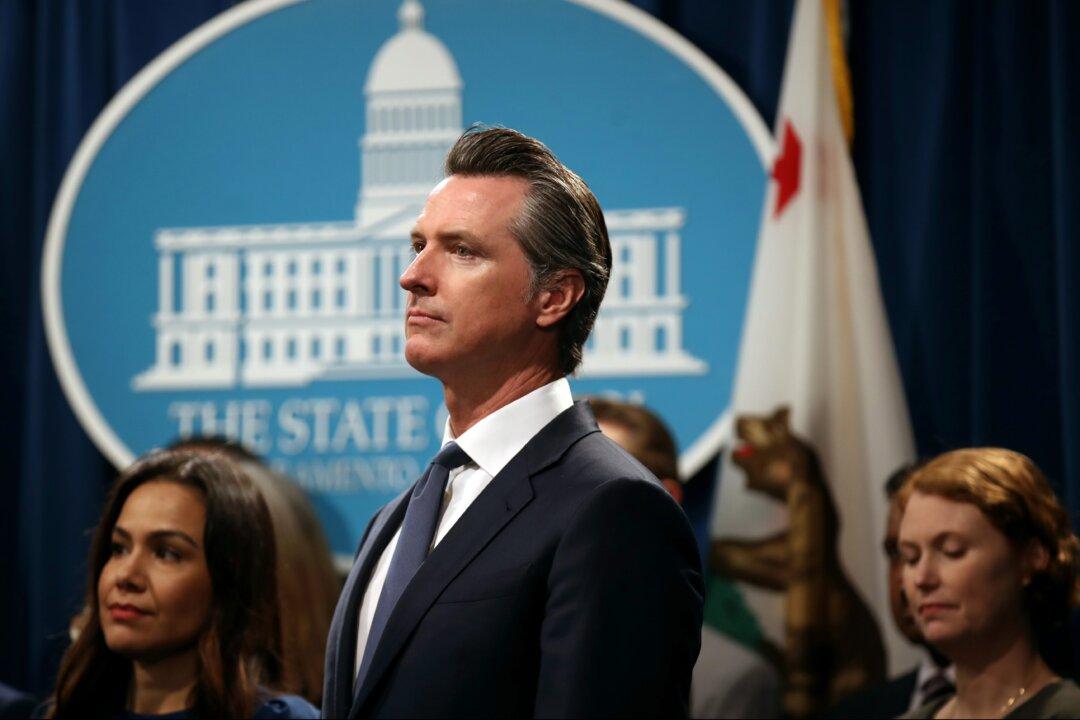President Donald Trump expressed frustration while discussing the homelessness problem in Los Angeles and San Francisco during a recent interview, calling the situation “disgraceful.”
“It’s very sad. Very sad. It’s a phenomenon that started two years ago. It’s disgraceful,” Trump told Fox News. Adding that he’s thinking about getting involved, he said he would like to “get that whole thing cleaned up.”




